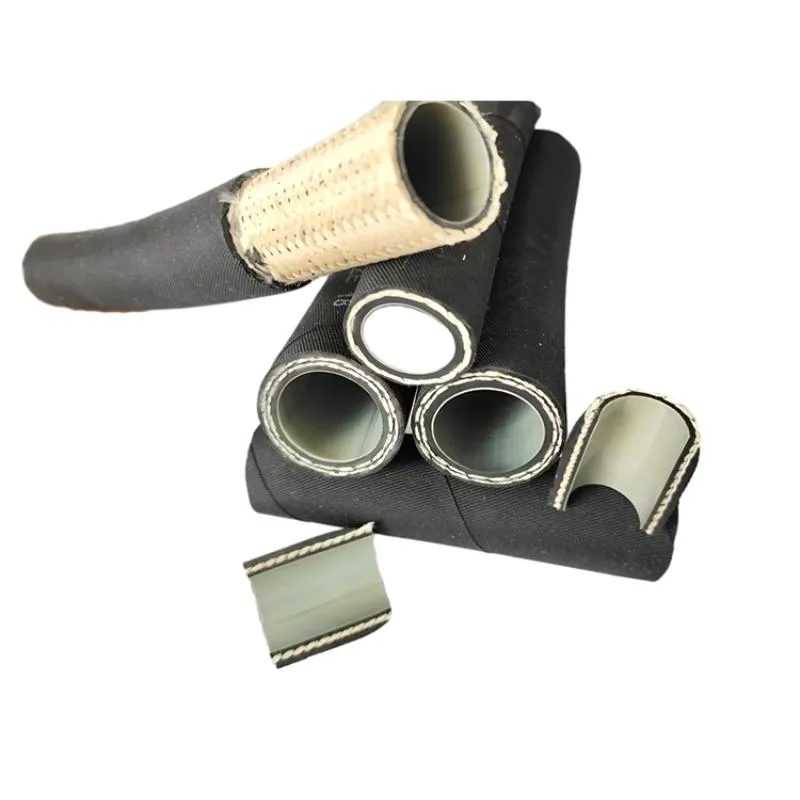fuel oil hose
Oct . 30, 2024 16:06 Back to list
fuel oil hose
Understanding Fuel Oil Hoses Importance and Applications
Fuel oil hoses are crucial components in a variety of applications, particularly in the transportation and storage of fuel oil and other petroleum-based products. These hoses are specifically designed to withstand the rigorous demands of high-pressure conditions and temperatures, providing safe and efficient transfer of fuel oil.
Composition and Design
Fuel oil hoses are typically made from durable materials such as synthetic rubber, neoprene, or PVC, which are engineered to resist degradation from oil and environmental factors. The inner lining of the hose plays a critical role in ensuring that the fuel oil does not seep through or react with the hose material. Furthermore, many fuel oil hoses come equipped with reinforcement layers made of wire mesh or textile to enhance their strength and flexibility.
The design of a fuel oil hose is tailored to meet specific standards for various applications, which include compatibility with different types of oil, resistance to kinking, and the ability to maintain performance in extreme temperatures. It is essential for users to select hoses that comply with industry standards and regulations to ensure safety and reliability.
Applications
Fuel oil hoses are extensively used in industries such as automotive, marine, and construction, where the movement of fuel oil is a daily necessity. In the automotive sector, these hoses are integral to the functioning of fuel systems, allowing for the efficient transfer of fuel from the tank to the engine. In marine applications, fuel oil hoses are designed to endure the corrosive effects of saltwater while ensuring a secure transfer of fuel to vessels, which is vital for their operation.
fuel oil hose

In the construction industry, fuel oil hoses are used for machinery that requires fuel for operation. This includes generators, excavators, and various types of mobile equipment. The durability and reliability of fuel oil hoses in these settings are paramount, as any failure can lead to costly downtime and potential hazards.
Maintenance and Safety
Proper maintenance of fuel oil hoses is vital to prevent spills and leaks, which can have devastating environmental impacts. Regular inspection for cracks, wear, and other signs of deterioration is essential in extending the lifespan of the hoses. Users should also be aware of the correct storage practices to protect hoses from harsh weather conditions and UV exposure.
In terms of safety, it is critical to ensure that the hose is always connected securely and that the fittings are compatible with the fuel oil being transferred. Using high-quality hoses that meet industry specifications can significantly reduce the risks associated with fuel transfer.
Conclusion
Fuel oil hoses are indispensable in various industries where fuel management is a critical aspect of daily operations. Understanding the design, applications, and maintenance requirements of fuel oil hoses can help ensure safe and efficient fuel transfer. By prioritizing quality and adherence to safety standards, users can mitigate risks and enhance the reliability of their operations. Proper selection and care of fuel oil hoses ultimately contribute to the success and sustainability of any business reliant on fuel oil.
